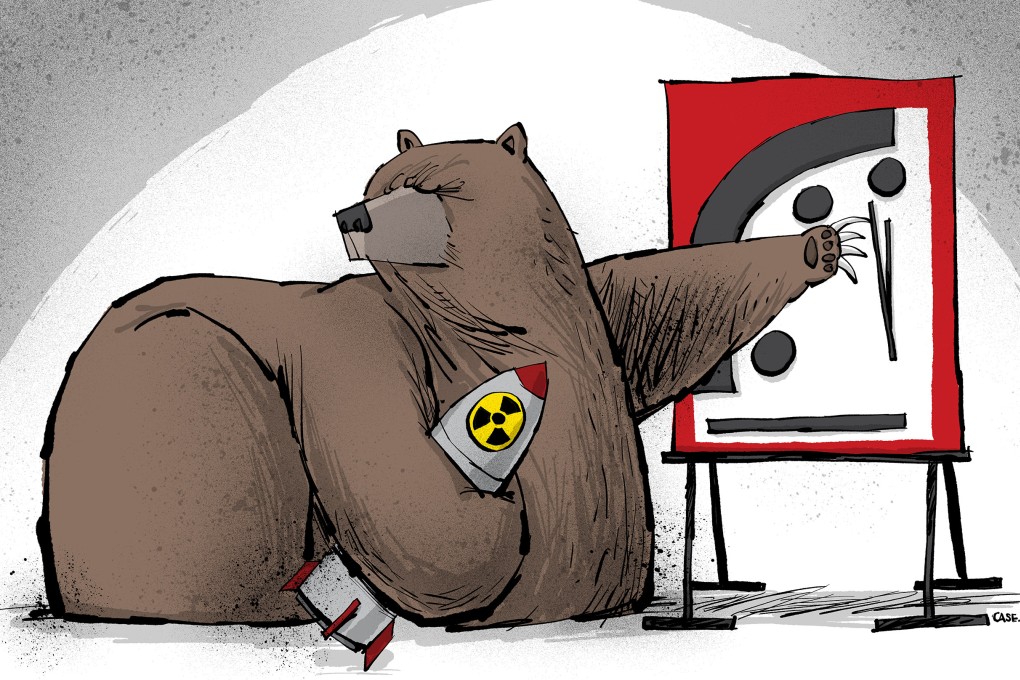Advertisement
Opinion | As Russia again raises spectre of nuclear war, world leaders must renew their deterrence vow
- Nearly 80 years after the Hiroshima atomic bombing, the global nuclear taboo seems to be fraying amid Russian and North Korean threats, and US alliance complications
- The coming G20 summit would be an appropriate forum for world leaders to reiterate their commitment to nuclear restraint and a return to deterrence
Reading Time:4 minutes
Why you can trust SCMP
15

Russia’s threat on July 30 of a “global nuclear fire” in response to Ukraine’s counteroffensive came exactly a week before Hiroshima Day, held as a reminder of the horrors of the nuclear bomb.
Advertisement
The US dropped atomic bombs on Japan in the final stages of World War II, hitting Hiroshima on August 6, 1945, then Nagasaki three days later. Since that terrifying nuclear inferno ravaged the two Japanese cities and their hapless citizens, a global nuclear taboo has been maintained – but this now appears to be fraying.
On July 30, Russian Security Council deputy chairman Dmitry Medvedev, formerly Russia’s president, said Russia would be forced to use nuclear weapons if Ukraine’s counter-attack succeeded.
“Imagine if the … offensive, which is backed by Nato, was a success and they tore off a part of our land then we would be forced to use a nuclear weapon according to the rules of a decree from the president of Russia,” he said. “There would simply be no other option. So our enemies should pray for our warriors’ [success]. They are making sure that a global nuclear fire is not ignited.”
Over the past quarter of a century, global nuclear deterrence has become more complex and its resilience has been severely tested. Since Russia’s invasion of Ukraine in February 2022, President Vladimir Putin has been rattling the nuclear sabre, even as Moscow officially maintains an opaque stance.
Advertisement
The stationing of Russian tactical nuclear weapons in Belarus has upped the ante and is reminiscent of the latter phases of the Cold War, when the US-led alliance reserved the right to use battlefield nuclear weapons to blunt a conventional Soviet offensive in central Europe.

Advertisement
